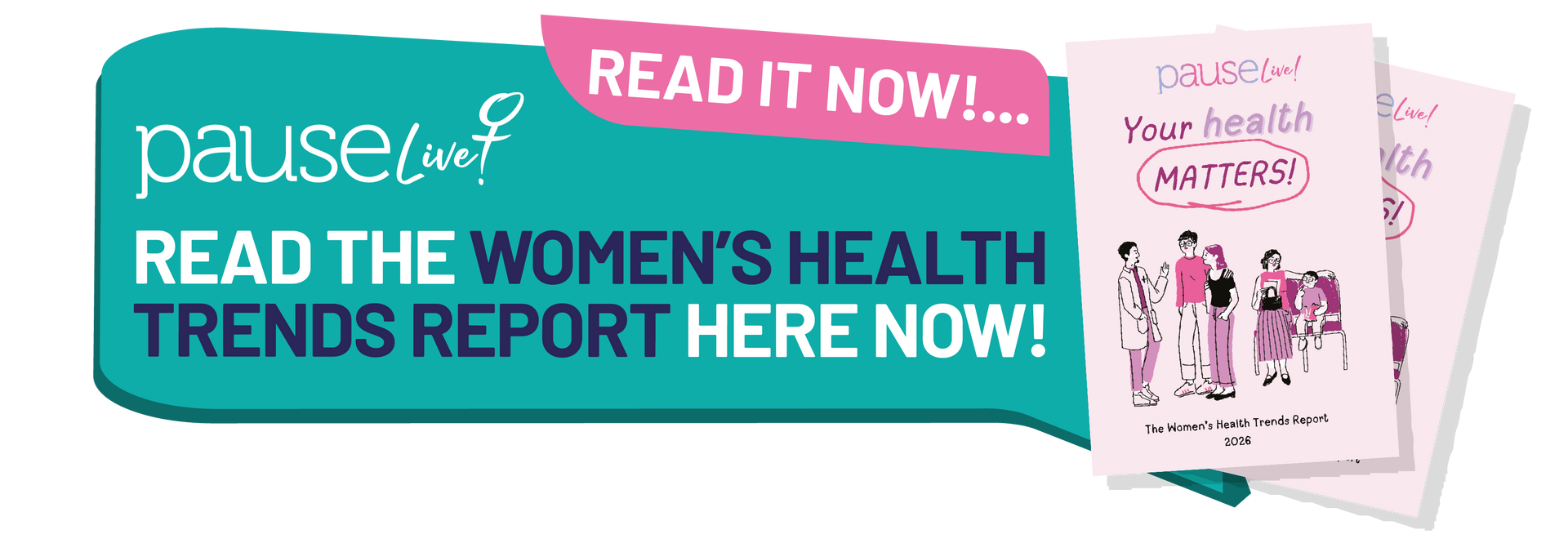The emotional impact of the menopause: Coping strategies and support
Menopause can real take its toll on women’s mental health, leaving some feeling extremely low and anxious. If you are struggling, don’t be scared to try different coping strategies and seek support from your GP.
What is the menopause?
Menopause is when a woman has not had a period for 12 months in a row. A decline in hormone levels means that the ovaries will stop producing eggs each month, so marks the end of a female’s fertile years. The time leading up to the menopause is known as perimenopause. During this period, it is normal for hormone levels to fluctuate leading to a number of menopausal symptoms.
What physical symptoms are associated with the menopause?
Throughout perimenopause and menopause, it is normal for a woman to experience multiple physical changes, which include irregular periods, difficulty sleeping, headaches and migraines that are worse than usual, dry skin, hot flushes, night sweats, weight gain, muscle ache and joint pains, vaginal dryness and pain, discomfort during sex and urinary tract infections.
What mental symptoms are associated with the menopause?
Unfortunately, it’s normal to experience brain fog, memory loss, anxiety, depression, reduced sex drive, tiredness, lack of motivation, loss of confidence, stress, anger, irritability and other emotional changes when you are going through menopause.
Why does the menopause impact emotional and mental health?
The change in your hormone levels leads to emotional and mental changes during menopause. If you have a pre-existing mental health issue, such as depression, bipolar or schizophrenia, it can worsen and become more prevalent at this time in your life.
What can you do to cope with emotional and mental changes during menopause?
Make lifestyle changes: eating a more balanced diet and exercising regularly can work wonders for your mood.
Speak to friends and family: explain how you’re feeling so they can offer support and understand what you’re going through. Sharing experiences can really make you feel as though you’re not alone.
Try to reduce stress: easier said than done, but consider taking regular breaks from work if possible, get some fresh air, try yoga or tai chai, or other activities that you enjoy.
Give mediation a go: taking some time to focus on your breathing can really help your mental health – it doesn’t have to be for long (just a couple of minutes can help) and there’s lots of apps and playlists that have meditative music you can listen too.
Are there treatments for poor emotional and mental health during menopause?
If you’ve tried non-medical options and are still struggling, or want a quicker fix, then medication can help.
Hormone replacement therapy (HRT) is the most common option as it will help to regulate your hormones, which should calm mood swings and mental challenges.
You could also try cognitive behavioural therapy (CBT), also known as talking therapy, whereby you can speak to a mental health professional who will help you think more positively about your life and support you to set goals to make improvements.
If you are struggling with depression and anxiety, then taking a course of
anti-depressants can help. Speak to your GP about the best options.


